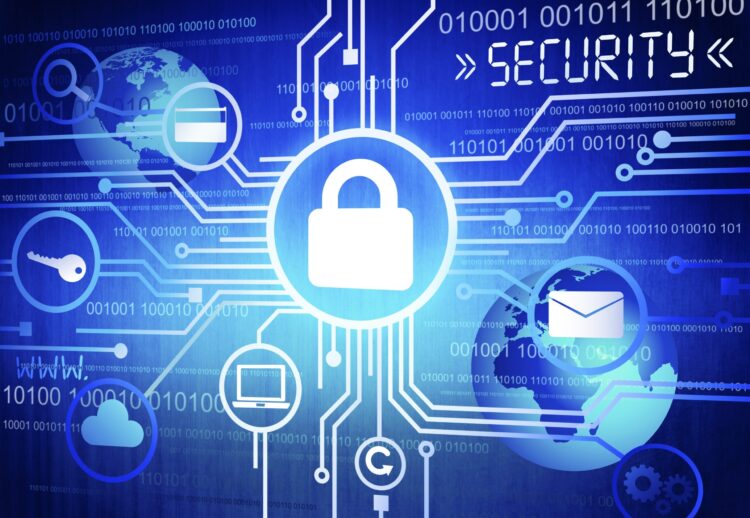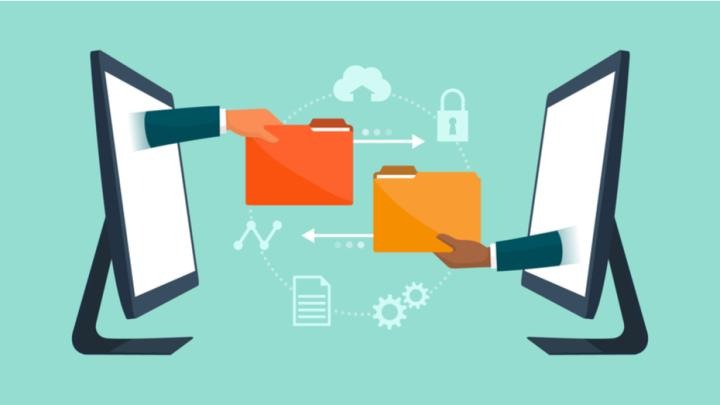In 2025, closing B2B deals will rely almost entirely on trust. A big part of earning trust is played by powerful tools such as the security questionnaire.
At first, these lists were just something vendors needed to pass, but now they help determine how vendors are judged, how deals are closed, and how lasting relationships are built.
In this article, we will see how security questionnaires are reshaping the B2B sales in 2025.
Page Contents
Why Security Questionnaires Have Become Important?

Source: akitra.com
As cyberattacks become more common, laws evolve, and data moves across cloud networks, B2B buyers carefully check who they are partnering with.
Security questionnaires now act as the main safety system, helping businesses find out the risks and requiring vendors to meet important data protection, privacy, and security needs.
Beyond this, today companies rely on these forms to decide whether to close a deal. Using a clear questionnaire can move the contract sign-off process forward, but not doing so may stop or end the deal.
How Security Questionnaires are Changing the B2B Sales Process?
Here’s how security questionnaires are making a difference in the usual sales cycle.
1. They Come Earlier
Starting the conversation in sales today often begins by confirming trust. The first concern for many buyers before a demo or pricing call is, “How confident are you in your security?” As a result, questionnaires are now asked during the first stage, instead of after negotiations wrap up.
2. They Influence Stakeholders Beyond Security
It’s not just CISOs who review these files today. Each area of procurement, legal, IT, and compliance is involved in decision-making. Most of the time, high-level approval is key to advancing deals, so teams across the company need to work coordinately.
3. They Need a Strategy for Placement
Using generic responses to customer issues is no longer enough for vendors. Actively addressing and preventing risks in a way that meets ISO 27001, SOC 2, or GDPR requirements can give a company an advantage over others in the same space.
Automation’s Introduction into Questionnaire Answers

Source: biztechmagazine.com
By 2025, innovative organizations will rely on AI-assisted tools to:
- Fill in the answer form automatically using previous responses.
- The frameworks, like NIST or HIPAA, should be reflected in the documentation.
- Point out areas where security isn’t up to standard.
- Monitor information about policies or certifications.
By using these tools, you not only save time but also make sure the story stays the same everywhere it’s produced.
Important Indicators That Lead Sales
Some critical sales metrics in B2B, such as risk scores, now rely on the outcome of security questionnaires.
-
Sales cycle length:
When questionnaires are submitted more quickly and accurately, the process to close a deal is sped up.
-
Win rate:
Businesses that demonstrate safe and open-plan security add value to their tenders.
-
Customer churn:
Clients are more likely to come back and buy again if you have clear and trusted security standards.
What Vendors Need to Look for in 2025?

Source: bitsight.com
Being prepared for security risks must be a core part of the vendor’s sales strategy. Here’s how:
- Make sure your database of security information and guides is always up-to-date.
- Consult your security and compliance officials as soon as the sales process starts.
- Show sales reps how to understand important parts of a questionnaire and decide on the right way to escalate.
- Re-read buyer responses to refine your answers and know which questions usually cause trouble.
Bottom Line
Instead of just collecting data, security questionnaires now have real value and impact on businesses. If businesses employ security questionnaires in 2025, they will seal profitable deals in less time.
Moreover, they can win trust from more clients and communicate with attention to privacy and security in all business interactions. When done well, your security questionnaire can help you close sales more effectively than any other tool.




